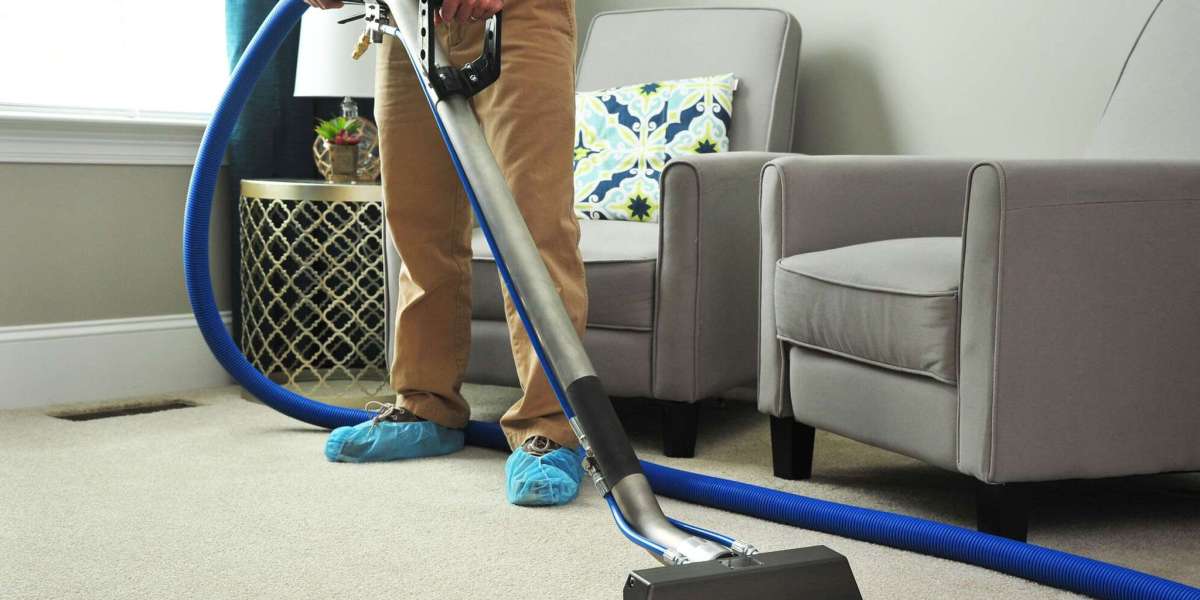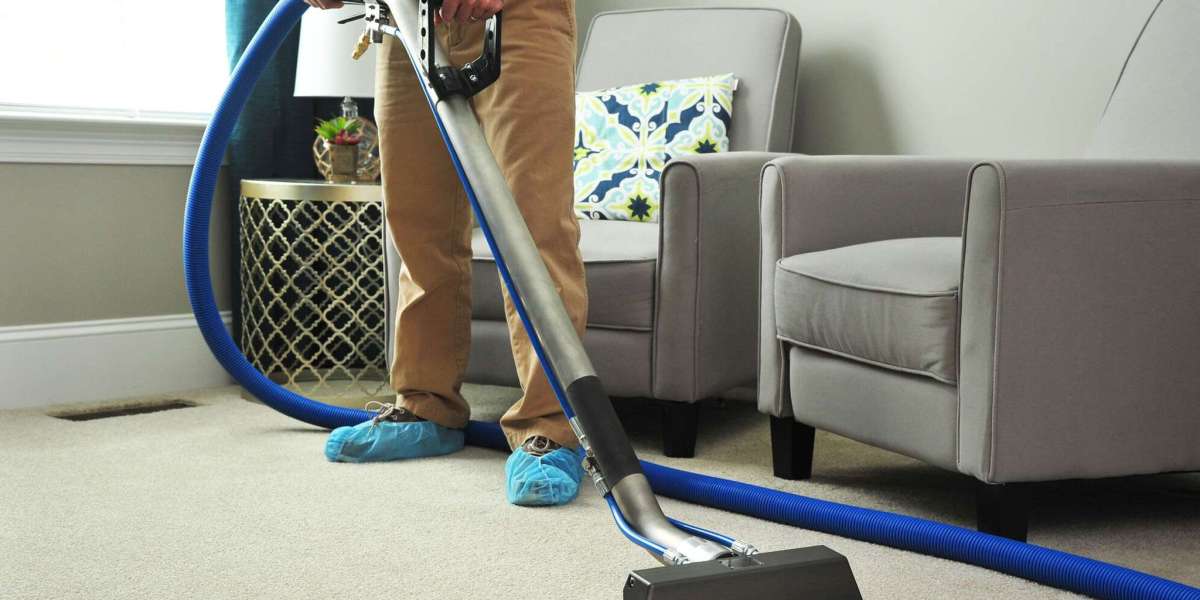Are you having a hard time to make your mortgage payments, or are you currently in default? Lots of people find it humiliating to talk with their mortgage servicer or loan provider about payment issues, or they hope their monetary scenario will improve so they'll be able to catch up on payments. But your best option is to contact your mortgage servicer or lending institution right now to see if you can work out a plan.
- Making Mortgage Payments
- What Happens if You Miss Mortgage Payments
- What To Do if You Default on Your Mortgage
- Ways You Might Avoid Foreclosure and Keep Your Home
- Selling Your Home To Avoid Foreclosure
- Accurate Reporting on Your Credit Report
- Filing for Bankruptcy
- Getting Help and Advice
- Avoiding Mortgage Relief Scams
- Report Fraud
Making Mortgage Payments
When you buy a house, you get a mortgage loan with a loan provider. But after you close on the loan, you may make monthly payments to a loan servicer that manages the daily management of your account. Sometimes the loan provider is also the servicer. But typically, the loan provider arranges for another business to act as the servicer.
If you do not pay your mortgage on time, or if you pay less than the amount due, the consequences can accumulate quickly. If you discover yourself facing monetary issues that make it tough to make your mortgage payments, speak with your servicer or lending institution right away to see what alternatives you might have.

What Happens if You Miss Mortgage Payments
Depending on the law in your state, after you've missed mortgage payments, your servicer or lender can move to state your loan in default and serve you with a notification of default, the primary step in the foreclosure procedure.
Here's what may happen when your loan remains in default:
You could owe additional cash. The servicer or loan provider can add late costs and additional interest to the quantity you currently owe, making it more difficult to dig out of financial obligation. The servicer or loan provider likewise can charge you for "default-related services" to secure the value of the residential or commercial property - like assessments, yard mowing, landscaping, and repair work. Those can add hundreds or thousands of dollars to your loan balance.
Default can damage your credit rating. Even one late payment can negatively impact your credit rating and that affects whether you can get a new loan or refinance your existing loan - and what your interest rate will be.
The servicer or lending institution can begin the procedure to sell your home. If you can't catch up on your past due payments or exercise another solution, the servicer or loan provider can start a legal action (foreclosure) that might wind up with them offering your home. This procedure can also include hundreds or thousands of dollars in extra costs to your loan. That implies it will be even harder for you to stay up to date with payments, make your back payments, and keep your home.
Even if you lose your home, you might need to pay more cash. In many states, in addition to losing your home in foreclosure, you also may be responsible for paying a "deficiency judgment." That's the distinction between what you owe and the cost the home costs at the foreclosure auction. A foreclosure will likewise make it harder for you to get credit and purchase another home in the future.
What To Do if You Default on Your Mortgage

If you're having problem paying your mortgage, don't wait for a notice of default. Take the following steps right away to figure out a strategy of action.
Consider contacting a free housing therapist to secure free, legitimate help and a description of your choices. Before you speak with a therapist, find out how to identify and prevent foreclosure and mortgage therapy frauds that assure to stop foreclosure, however simply end up stealing your money. Scammers might guarantee that they can stop foreclosure if you pay them. Don't do it. Nobody can ensure they can make the lending institution stop foreclosure. That's constantly a fraud.
Research possible options on your servicer's or lender's site. See what actions may be offered for people in your situation. Find out more about ways to avoid foreclosure. To prepare for a conversation with your servicer or lender, make a list of your income and expenses. Be ready to show that you're making a good faith effort to pay your mortgage by decreasing other expenses. Answer these questions: What happened to make you miss your mortgage payment( s)?
Do you have any files to support your description for falling behind?
How have you attempted to fix the issue? Is your problem short-term, long-term, or irreversible?
What changes in your situation do you see in the short term and in the long term?
What other financial concerns may be stopping you from returning on track with your mortgage?
What would you like to see take place? Do you desire to keep the home?
What type of payment plan could work for you?
Contact your mortgage servicer or loan provider to discuss the alternatives for your circumstance. The longer you wait, the less alternatives you'll have. The servicer or loan provider may be most likely to delay the foreclosure procedure if you're working with them to discover a service. If you do not reach them on the first shot, keep trying.
Keep notes of all your interaction with the servicer or lending institution. Include the date and time of any contact whether you met face-to-face or communicated by phone, email, or postal mail, the name of the agent you dealt with, what you went over, and the outcomes. Follow up with a letter about any demands made on a call.
Keep copies of your letter and any documents you sent with it. Even if you email your follow-up, likewise send your letter by qualified mail, "return invoice asked for," so you can document what the servicer or loan provider got.
Meet all due dates the servicer or lending institution offers you. Remain in your home throughout the procedure. You might not qualify for certain types of support if you vacate.
Ways You Might Avoid Foreclosure and Keep Your Home

With completion of the COVID-19 federal public health emergency, many federally backed pandemic-related help plans are not open to new applicants. For more information, see consumerfinance.gov/ housing. But you may still have choices for aid. There are several methods you may be able to catch up on your payments and save your home from foreclosure. Your mortgage servicer or lender might agree to
Reinstatement. Consider this alternative if the issue stopping you from paying your mortgage is short-term. With reinstatement, you accept pay your mortgage servicer or lending institution the whole past-due quantity, plus late fees or charges, by an agreed-upon date. But if you're in a home you can't manage, reinstatement will not assist.
Forbearance. If your failure to pay your mortgage is temporary, this can assist. With forbearance, your mortgage servicer or lending institution concurs to lower or pause your payments for a brief time. When you begin paying again, you'll make your routine payments plus additional, make-up payments to catch up. The lender or servicer might decide that additional payments can be either a swelling sum or partial payments. Like reinstatement, forbearance likewise will not help you if you remain in a home you can't afford.
Repayment strategy. This might be valuable if you've missed out on just a few payments, and you'll no longer have difficulty making them monthly. A repayment strategy lets you add a portion of the past due amount onto your routine payments, to be paid within a repaired amount of time.
Loan modification. If the problem stopping you from paying your mortgage isn't disappearing, ask your servicer or lender if a loan adjustment is a choice. A loan adjustment is an irreversible modification to one or more of the terms of the mortgage agreement, so that your payments are more workable for you. Changes might include lowering the rates of interest
extending the term of the loan so you have longer to pay it off
adding missed out on payments to the loan balance (this will increase your impressive balance, which you will have to pay in the future - maybe by refinancing).
forgiving, or canceling, part of your mortgage financial obligation

If you have a pending sales contract, or if you can show that you're putting your home on the marketplace, your servicer or loan provider might hold off foreclosure procedures. Selling your home may get you the money you need to settle your entire mortgage. That helps you prevent late and legal charges, limitation damage to your credit score, and protect your equity in the residential or commercial property. Here are some options to consider.
Traditional Sale. You require to have adequate equity in the home to cover paying off the mortgage loan balance plus the costs involved with the sale. Your equity is the difference between just how much your home is worth and what you owe on the mortgage. If you have enough equity, you may be able to sell your home and use the cash you get from the sale to pay off your mortgage debt and any missed payments. To determine whether this is an alternative for you, calculate your equity in the home. To do this

Get the appraised value of your home from a licensed appraiser. You'll have to pay for an appraisal, unless you had actually one done very recently. You likewise might approximate the fair market price of your home by taking a look at the sales of comparable homes in your area (known as "compensations"). But be sure you're looking at reasonably equivalent "comps," considering various factors (including upkeep and current functions or remodeling).
Have you borrowed versus your home? Find out the overall amount of the exceptional balances of the loans you've taken utilizing your home as collateral (for example, your mortgage, a refinancing loan, or a home equity loan).
Subtract the quantity of those balances from the evaluated value or fair market price of your home. If that quantity is more than $0, that's your equity and you can utilize it to consider your alternatives. Know that if your home's worth has fallen, your equity could be less than you anticipate.

Short sale. Selling your home for less than what you still owe on the mortgage is called a brief sale. Before you can list your home as a brief sale, your servicer or loan provider need to authorize and concur to accept the cash you obtain from the sale, rather of proceeding with foreclosure.
Your servicer or lending institution will work with you and your realty agent to set the sales cost and examine the deals. Your servicer or loan provider will then work with the purchaser's genuine estate agent to settle the sale.
In a short sale, the servicer or loan provider consents to forgive the difference between the amount you owe and what you receive from a sale. Learn if the lender or servicer will totally waive the distinction - and not separately seek a deficiency judgment. Get the contract in composing. Go to the IRS site to discover the tax impact of a servicer or lender flexible part of your mortgage loan. Consider consulting a financial advisor, accountant, or attorney.
Deed in lieu of foreclosure. If a short sale isn't an option, you and your servicer or lender might accept a deed in lieu of foreclosure. That's where you voluntarily transfer your residential or commercial property title to the servicer or lender, and they cancel the rest of your mortgage financial obligation.
Like with foreclosure, you will lose your home and any equity you have actually developed, however a deed in lieu of foreclosure can be less destructive to your credit than a foreclosure.
A deed in lieu of foreclosure might not be an alternative if you secured a 2nd mortgage or utilized your home as security on other loans or obligations. It could likewise affect your taxes. Go to the IRS site to discover the tax impact of a servicer or lending institution flexible part of your mortgage loan.
Accurate Reporting on Your Credit Report
Short sales, deeds in lieu, and foreclosures impact your credit. With a short sale or deed in lieu contract, you still may be able to get approved for a brand-new mortgage in a couple of years. Because a foreclosure is most likely to be reported for seven years, a foreclosure can have a higher influence on your capability to receive credit in the future than brief sales or deeds in lieu. Sometimes it might not be clear to lenders taking a look at your credit report whether you had a short sale, deed in lieu, or foreclosure. That may avoid or postpone you from getting a new mortgage. If you worked out a short sale of your home or a deed in lieu arrangement, here's how to decrease the chance of a problem:

Get a letter from your servicer or lender verifying that your loan closed in a brief sale or a deed in lieu agreement, not a foreclosure. Send a copy of the letter to each of the nationwide credit bureaus: Equifax, Experian, TransUnion. Use the letter if concerns emerge when you attempt to purchase another home.
Order a copy of your credit report. Make sure the info is precise. The law needs credit bureaus to offer you a totally free copy of your credit report, at your request, once every 12 months. Visit AnnualCreditReport.com or call toll-free: 1-877-322-8228. In addition, the three bureaus have actually permanently extended a program that lets you check your credit report from each once a week free of charge at AnnualCreditReport.com. Also, everybody in the U.S. can get 6 free credit reports annually through 2026 by checking out the Equifax site or by calling 1-866-349-5191. That remains in addition to the one free Equifax report (plus your Experian and TransUnion reports) you can get at AnnualCreditReport.com. If you find an error, contact the credit bureau and business that provided the information to correct the error.
When you're all set to buy another home, get pre-approved. A pre-approval letter from a lender reveals that you have the ability to go through with buying a home. Pre-approval isn't a last loan commitment. It suggests you satisfied with a loan officer, they evaluated your credit report, and the loan provider thinks you can certify for a specific loan quantity.
Declare Bankruptcy
If you have a regular earnings, Chapter 13 personal bankruptcy may let you keep residential or commercial property - like a mortgaged house - that you might otherwise lose. But Chapter 13 bankruptcy is typically thought about the debt management option of last resort since the results are long-lasting and far-reaching. A bankruptcy remains on your credit report for 10 years. That can make it hard for you to get credit, buy another home, get life insurance coverage, or sometimes, get a job. Still, it can offer a fresh start for people who can't pay off their debts. Consider speaking with an attorney to help you figure out the best alternative for you. Discover more about personal bankruptcy.
Getting Help and Advice
If you're having a difficult time reaching or working with your loan servicer or lending institution, talk to a certified housing counselor. To find free and genuine assistance
Call the regional office of the Department of Housing and Urban Development (HUD) or the housing authority in your state, city, or county for aid in discovering a legitimate housing therapy company close by.
Visit the Department of Treasury for links to states' housing programs or the Homeownership Preservation Foundation. Or call a HUD-approved housing therapist at Homeowner Help at 1-888-995-HOPE (4673 ). Housing therapy services usually are totally free or low expense. A counselor with a company can address your questions, discuss your choices, prioritize your debts, and assist you prepare for discussions with your loan servicer or lending institution.
If you have a mortgage through the Federal Housing Administration (FHA) or the Department of Veterans Affairs (the VA), contact them straight. You may have other options instead of foreclosure offered to you. Visit consumerfinance.gov/ housing, the federal government's centralized resource for info from the Consumer Financial Protection Bureau (CFPB), FHA, HUD, and VA. They might have other options for you.
Avoiding Mortgage Relief Scams
Don't work with companies that assure they can help you stop foreclosure. They'll take your money and won't provide. No one can ensure they'll stop foreclosure. That's always a scam.
Don't pay anybody who charges up-front fees, or who guarantees you a loan adjustment or other solution to stop foreclosure. Scammers might impersonate expected housing counselors and require an up-front fee or retainer before they "assistance" you. Those are indications it's a rip-off. Find out more about the ways scammers provide phony pledges of aid associated with your mortgage.
Don't pay any cash until a company delivers the results you desire. That's the law. In reality, it's unlawful for a company to charge you a cent ahead of time. A company can't charge you till it's given you a written deal for a loan adjustment or other remedy for your loan provider - and you accept the offer and
a file from your lending institution revealing the changes to your loan if you decide to accept your loan provider's deal. And the business should plainly inform you the total fee it will charge you for its services.








